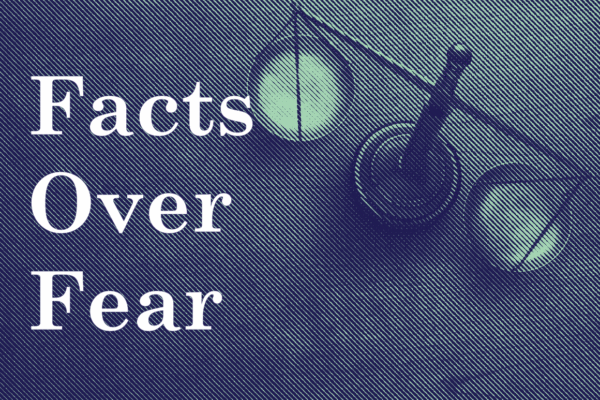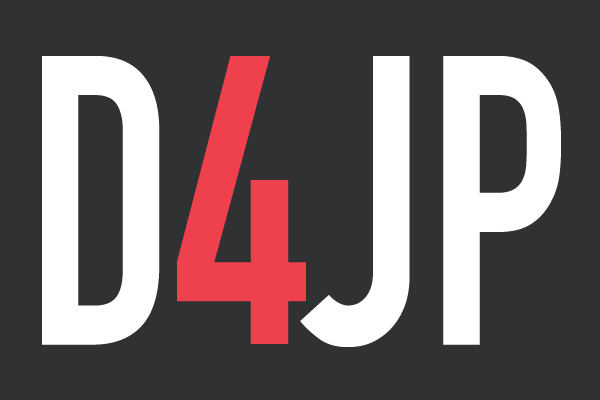A first-ever, close examination of two years’ data shows Suffolk County has a history of dismissing large portions—nearly 60 percent—of certain misdemeanors and low-level felonies, long before the new District Attorney administration took office.
The Suffolk County District Attorney’s Office (SCDAO), under previous DA Dan Conley, dismissed more than half of the misdemeanors and low-level felonies that current DA Rachael Rollins indicated during her campaign she will not prosecute, according to the results of a new analysis released today by the ACLU of Massachusetts.
During her 2018 campaign for Suffolk County District Attorney, Rollins pledged not to prosecute 15 misdemeanor offenses and low-level felonies, including some property, public order, drug, and driving offenses. The new ACLU analysis examines 2013 and 2014 data from the SCDAO, and—for the first time—provides concrete information to help Massachusetts residents understand the implications of Rollins’ “Decline to Prosecute” pledge.
Nearly 60 percent of all the charges from the “Decline to Prosecute” list that were prosecuted in 2013 and 2014 were ultimately dismissed, according to the new analysis. Seventy-two percent of cases involving only “Decline to Prosecute” charges that went to trial resulted in acquittals. In total, 10 percent of all of the cases prosecuted to a disposition by the SCDAO in 2013 and 2014 were “Decline to Prosecute” exclusive cases in which either the case was dismissed or the person was acquitted.
The ACLU analysis of SCDAO data also found that Black people in Suffolk County were disproportionately charged with the “Decline to Prosecute” offenses. Over the two-year period, Black people were three times more likely to be charged with trespass or resisting arrest than white people, and four times more likely to be charged with a motor vehicle offense. Black people were not only charged at higher rates: In many of the “Decline to Prosecute” categories, Black people were more likely to face an adverse disposition (e.g., admission to sufficient fact or conviction with a term of probation or incarceration).
“District attorneys make choices every day that have life-altering—and often devastating—consequences for people, families, and communities,” said Rahsaan Hall, racial justice program director at the ACLU of Massachusetts. “Our analysis reveals another link in the chain of oppression constraining communities of color in Suffolk County, especially Black residents. Declining to prosecute some low-level offenses is a transformative choice that district attorneys across the Commonwealth should make to address racial disparities, impact over-policing in communities of color, and increase government accountability and transparency.”
In addition to fully implementing her campaign pledge to decline to prosecute 15 misdemeanors and low-level felonies, the ACLU of Massachusetts recommends that Rollins create internal structures to hold SCDAO prosecutors accountable to the policy, and work with Suffolk County residents and advocates to develop a robust network of community-led alternatives to prosecution. The ACLU also advocates that police departments adopt a similar policy and decline to make arrests for these misdemeanor and low-level felony offenses, and invest resources into community-based crime prevention alternatives.
The ACLU analysis marks the launch of the Data for Justice Project, an ACLU of Massachusetts initiative to develop tools and dashboards to make complex data sets accessible to lawyers, advocates, community organizers, journalists, activists, and the general public. The Data for Justice Project is a repository for government data sets and documents obtained through ACLU of Massachusetts public records requests.
Related Content

In Boston, people are charged with crimes that waste taxpayers’ money and prosecutors’ time

Defending criminal law reforms in Suffolk County
Stay Informed
Sign up to be the first to hear about how to take action.
By completing this form, I agree to receive occasional emails per the terms of the ACLU’s privacy statement.
By completing this form, I agree to receive occasional emails per the terms of the ACLU’s privacy statement.



